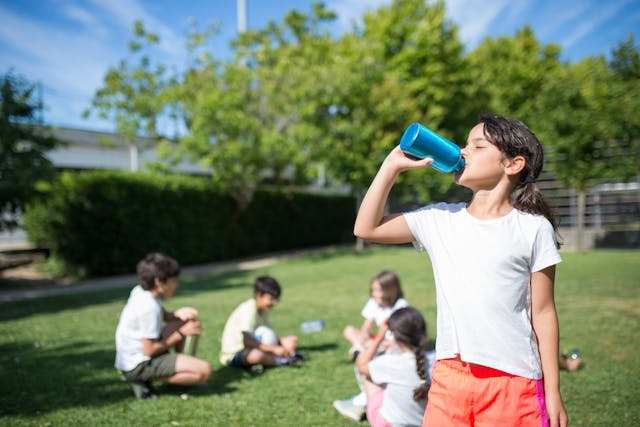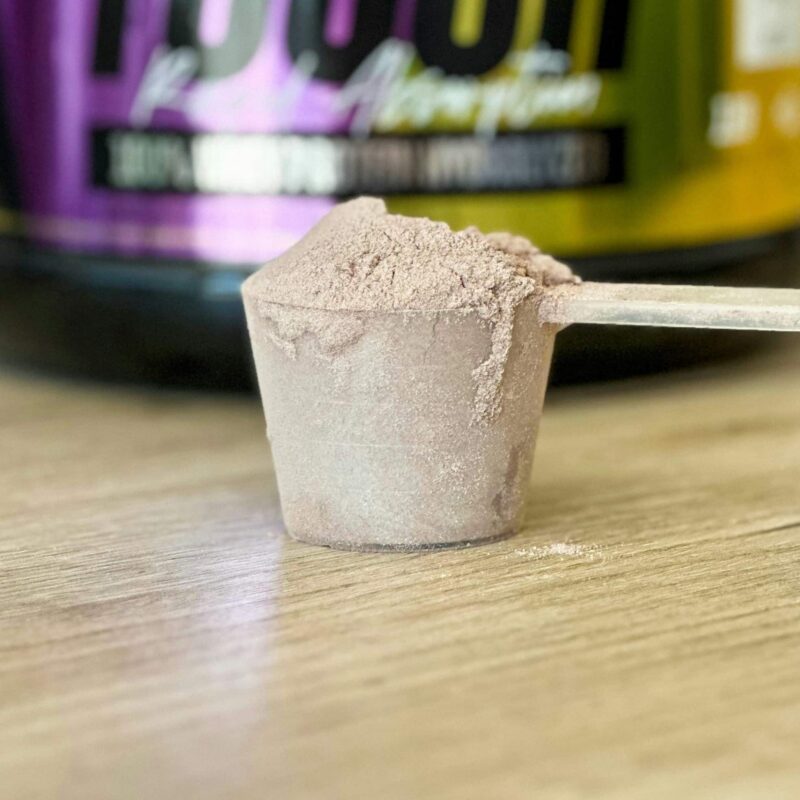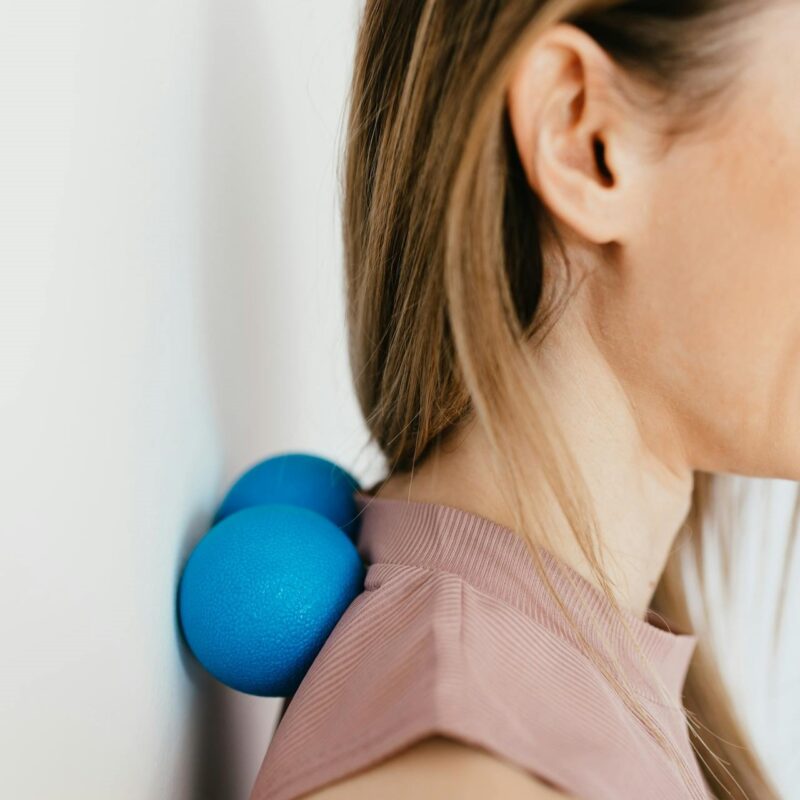
Blog
The Truth Behind Protein Powder For Children

As protein is an important macronutrient, parents often become conscious about including it in their child’s diet. Well, yes, protein is essential for children and adults alike. But what about protein powder for children?
Do children really need protein powder? Should you give it to your kids?
Let’s get into the details and find out about protein powder for children.
Do children need protein powder?

Whether children need protein powder will depend on some factors.
It’s true that protein is essential, and including protein in your diet helps provide energy, but it doesn’t necessarily apply to both children and adults.
Protein powder gives energy to adults, especially those who want to build muscles.
But does your 2-year-old go to the gym to build muscles?
So, do you really need to give it to your child?
Well, there are many more reasons and benefits of protein powders, but most of them are geared towards adults. It’s because some adults become protein-deficient, and most of them need enough protein to preserve their muscles.
When we look into this fact for children, we see that protein deficiency isn’t common in children. So, children don’t really need protein powder.
When children actually need a protein powder

If your child has some medical issue that keeps it from taking enough protein, your doctor might suggest a protein powder.
However, it’s always better not to give protein powder to kids until the doctor asks you to.
Most of the time, children get enough protein in their meals and diet. So, giving protein powder to such children is of no use. Also, doctors recommend fulfilling the protein requirement through natural food sources rather than protein powders. It’s because protein powder isn’t natural; it’s a dietary supplement.
So, we recommend following the doctor’s advice in this case. Even if you want to give protein powder to your child to build strength, it’s still better to ask the doctor for the best advice.
How much protein powder will your child need?

If you’ve decided to give protein powder to your child, you need to be careful about the dosage. Too much protein powder will have its side effects. Also, the requirement for protein powder will be different for children than for adults.
According to the 2015-2020 dietary guidelines for Americans, the following are the recommended protein requirements for children:
- Age 1-3: 13 grams per day
- Age 4-8: 19 grams per day
- Age 9-13: 34 grams per day
- Age 14-18 (boys): 52 grams per day
- Age 14-18 (girls): 46 grams per day
However, this is not the accurate amount of protein your child will need. Apart from the age, your child’s protein requirement will also depend on their health condition and other factors.
So, it’s best to consult a doctor in this case as well.
Another idea is to keep in mind that 10-30% of your child’s calories should come from protein.
Also, you need to remember that your child will also be getting protein from their meals. So, make sure you adjust the protein powder intake according to the other protein sources as well.
Benefits of protein powders for children

While it’s not always recommended to give protein powders to children, they can be beneficial in some cases.
Protein powder supplementation can be good in the following cases:
- Your child is a picky eater and doesn’t eat meals properly.
- Your child has a health condition.
- Your child is a vegetarian.
- Your child is underweight.
In case your child has any of these conditions, it’s best to consult a doctor regarding the use of protein powders or other supplementations. You can also fulfill this requirement through natural foods.
Risks of protein powders for children

If the protein powder doesn’t suit your child, it can cause health issues. In fact, digestion problems with protein powders are common in adults as well.
The following are the risks of giving protein powder to children:
- Children can gain weight if the protein powder isn’t properly processed or used in the body. This happens when the child takes more protein than their body’s requirement. The excess protein will be stored as fat, which will cause weight gain.
- Some children might also face digestive issues like gas, bloating, stomach aches, etc. Lactose-intolerant children often face this problem.
- Too much protein can also cause damage to the organs, including kidneys. The kidneys will have to work hard to filter the waste products, which can damage them in the long run. Nitrogen is also produced in the liver while proteins are being processed. Thus, high-protein intake can have negative effects.
- Protein powders with artificial fillers and ingredients can lead to health problems.
While stomach issues are common problems related to protein intake, excessive protein powder intake can also cause long-term health issues.
Take-away message
Whether you should give protein powder to your children or not will depend on various factors.
Protein powder for children can be good. On the other hand, it can have its own side effects as well.
So, it’s best to consult your doctor if you want to give protein powder to your child. Depending on their health condition, the doctor will be able to advise you best.












